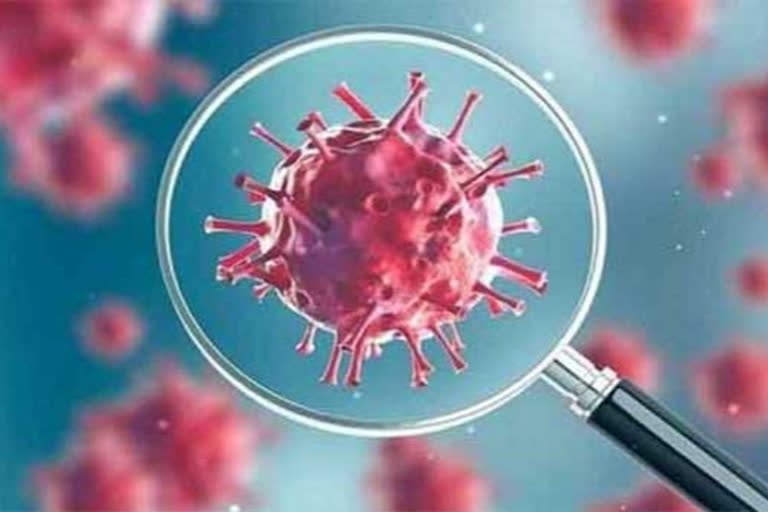Hyderabad:The novel coronavirus is claiming millions of lives worldwide. We have been assuming that this virus only attacks the respiratory system. But guess what? The virus affects several other organs such as eyes, heart, liver, brain and kidneys.
Professor Ajay Shah at King’s College Hospital, London, said the extent of the viral impact is more than what was earlier presumed. He came to this conclusion after examining the symptoms of coronavirus patients admitted to their hospital. In addition to asymptomatic cases, the virus is found to relapse in most of the recovered patients.
Nasal cells are highly likely to attract coronavirus particles. Initially, the virus stays inside the nostrils. During this time, the patient may lose the sense of smell. The virus then slowly passes into the throat through the nasal cavity. The ACE2 receptors onto which the coronavirus latches; are aplenty in the mucous membrane of the throat.
When protein spikes on its surface bind to the host’s receptor cells, the virus starts replicating. The patient may not exhibit any symptoms during this period but he/she can transmit the virus to others. If our immune system fails to respond when the virus enters the throat, it will sneak into our lungs.
The virus explosion starts once it travels down the airways. The viral proteins bust into lung cells through ACE2 receptors. The lungs become inflamed, making it difficult to breathe. This causes a condition called pneumonitis. The respiratory muscles swell and at the same time, fluid gets collected in the lungs. Some patients face what is called Acute Respiratory Distress Syndrome (ARDS). Oxygen levels in blood decrease to dangerous levels. At this stage, the patient will need ventilator support. But the virus spread cannot be contained. We can only wait for the immune system to fight back the virus while the ventilators continue to provide mechanical breathing. Scientists have noticed an overreactive immune system in this stage, with immunoglobulins attacking the host cells. At this stage, the whole body swells up and the heartbeat becomes rapid. Blood vessels become inflamed. Renal failure is seen in about 20 per cent of the patients. The cytokine storm is also believed to cause heart damage. This is the reason behind patients dying from multiple organ failure in ICUs.
The impact of nCoV virus on heart and blood vessels is yet to be studied. It inflames the blood vessels by attacking their walls, resulting in heart failure.
